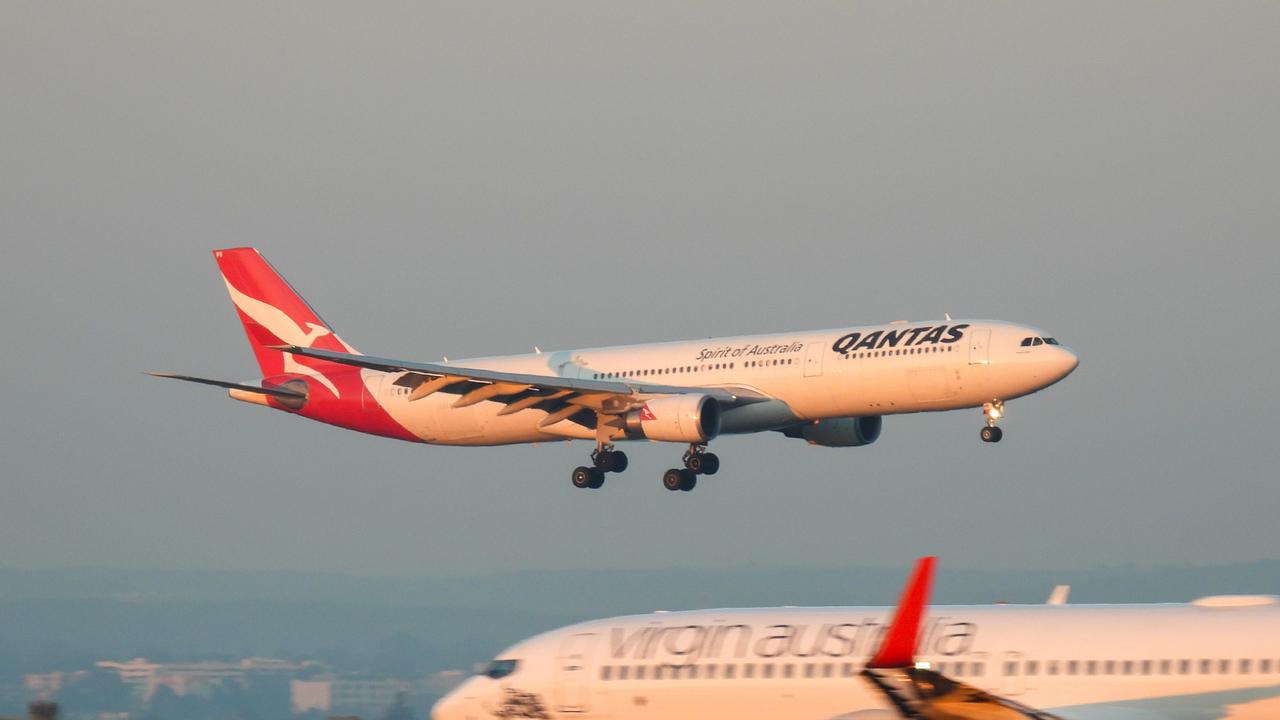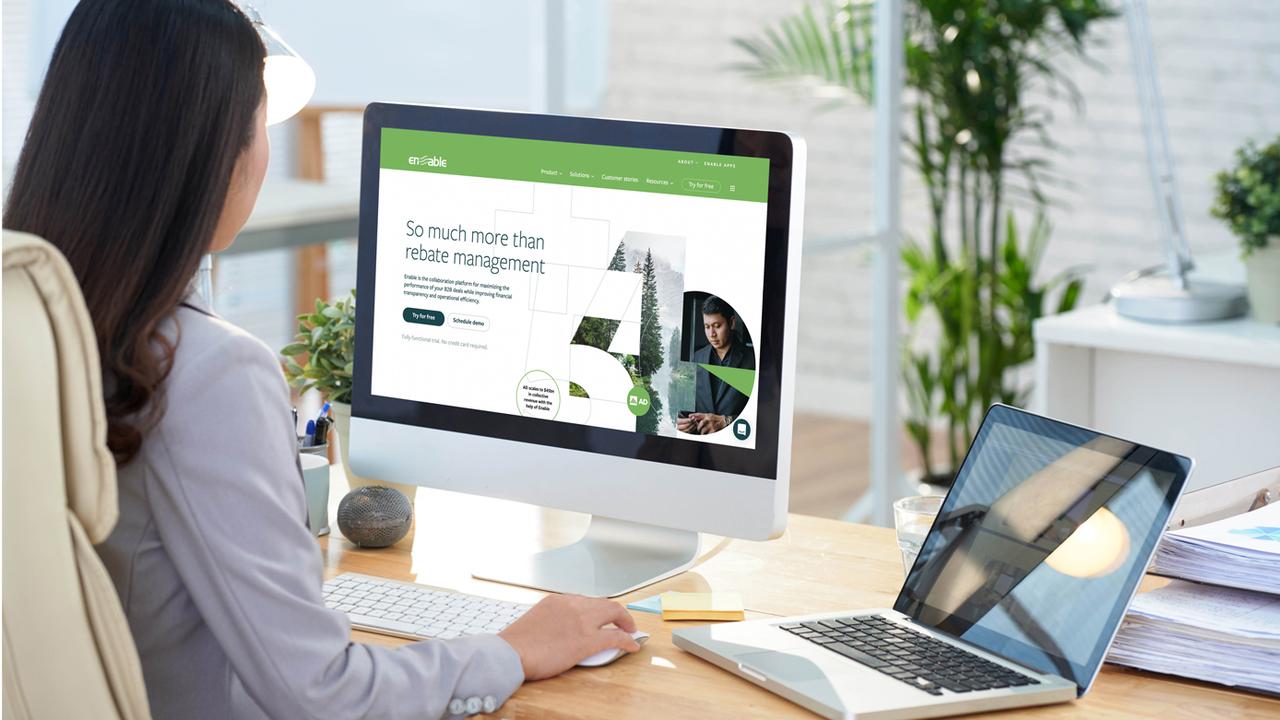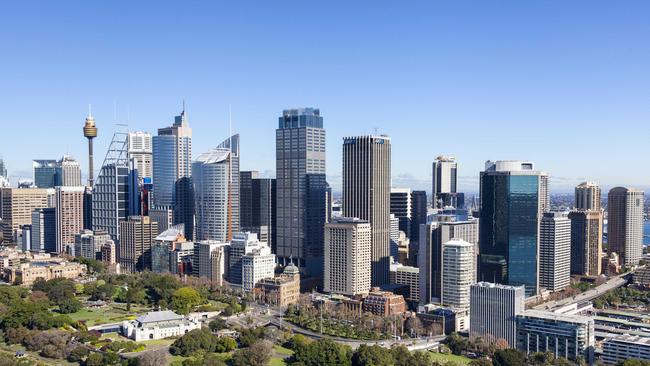
When Elon Musk declared the Australian government fascist, his metaphor hit home on one count, the most famous fascist, Italian dictator Benito Mussolini, had a terrible time convincing business in Italy to pay tax.
In Australia, we have a different version of the Italian problem. Our local companies pay tax, but for most international companies operating in Australia, paying tax is purely optional. Accordingly, most (but not all) international giants pay only token tax.
And because they compete with taxpaying Australian enterprises, our companies are gradually being forced out of business
Mussolini found threatening non tax paying businesses with criminal penalties did not work. It won’t work here.
Australia is going to face the fact that our corporate tax raising systems were designed last century for a different era, and they simply do not work in today’s internet, cloud and artificial intelligence based interactional community.
But a tax inquiry some five years ago mapped a system covering both Australian and international companies that would also substantially increase investment in Australia and lift productivity.
On Tuesday, I will detail that system which I set out five years ago. At the time, I urged Josh Frydenberg to investigate, but he was nervous about some aspects.
In the five years that have passed, the underlying situation is become much worse, but our ability to fund governments has not reached crisis point because of the minerals and banking bonanzas.
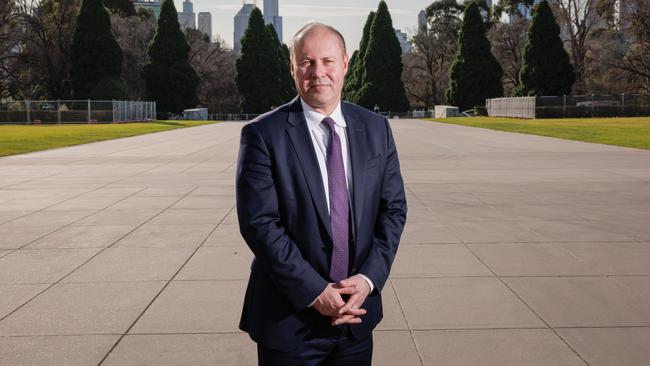
Most of the recent publicity on international giants has concentrated on the media, where the international streaming operators will decimate Australia’s free to air TV operations (a decimation helped by the internal squabbles in both the Nine and Seven networks). The internationals will also take large slabs of other media areas, so Australian tax revenue will be hit.
An even bigger tax revenue base will also decline in the longer term. In the telecommunications business. Telstra is competing with the internationals in significant growth areas, and the non taxpayers will take revenue share. Telstra is also in joint ventures with the internationals or is their supplier. Long term, Telstra can’t compete and pay tax at the same time.
The next cab off the tax international attack rank will be retailers, where already the internationals are getting bigger. Coles and Woolworths are there for the picking, particularly in home delivery.
More tax will be lost.
Banks have so far have been spared, but they have lost control of their customers to the mortgage brokers, so it’s only a matter of time before they are savaged by international non taxpayers.
I must emphasise that Australia benefits from strong international competition in markets, and restrictions would be a disaster. My comments are devoted solely to making sure the international’s compete equally by paying tax.
The Australian Taxation Office his tried hard to fix the problem, but the collection system is not designed for today’s global business community, although the nation had a huge win in the gas industry against Chevron. But the Chevron tax avoidance scheme was crude and badly thought out, so it lost in the courts.
Most multinationals have sophisticated operations and their intellectual property and other charges enable profits to be shuffled into countries like Ireland to enjoy a 4.5 per cent tax – the profit nutritious but notorious “Leprechaun sandwich”.
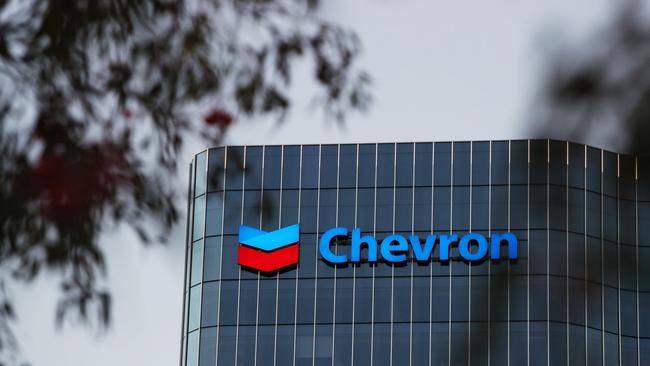
More recently the Irish lifted their tax rate from 4.5 to 15 per cent but only for newcomers. Most local internationals will continue to enjoy their “Leprechaun sandwiches” and there are other countries with similar menus.
My former BRW and Chanticleer colleague (now retired from the media industry), Ivor Ries, undertook extensive research and estimates that since the onset of the internet era Google and Facebook alone have shifted roughly $44bn of Australian advertising revenues to Ireland and thereby reduced their Australian tax bills by at least $9bn over 10 years until the end of 2023.
Last year, the Australian corporate tax revenue was around $150bn. The resources industry — boosted by the Chevron decision – contributed around 40 per cent, or $60bn
(royalties and state taxes lift the total contribution of the minerals industry above $70bn, which is why the attack on the industry being executed by Canberra’s industrial relations, environment and Aboriginal actions are so dangerous to our social welfare system).
Non recourses corporate tax at the $90bn level includes around $13bn from the second-highest taxpayers, the banks. Take minerals and banks out, and corporate Australian tax revenue has not grown greatly this century.
Yet the demands of the community for government revenue are getting larger and larger, led by defence and NDIS.
This will lead to pressure for higher taxes on both corporate and individuals in Australia. But that won’t solve the problem, indeed it gives the internationals an even greater advantage. They will keep taking market share because in any corporate race if you give a competitor a huge starting advantage via lower or token tax then such competitors will always win. And it becomes a vicious circle.
In my next column, I will put forward a solution that neither political party needs to embrace immediately, but they need to study it carefully because it transforms the Australian corporate taxation revenue base, and it will and will treat internationals the same way as locals.




